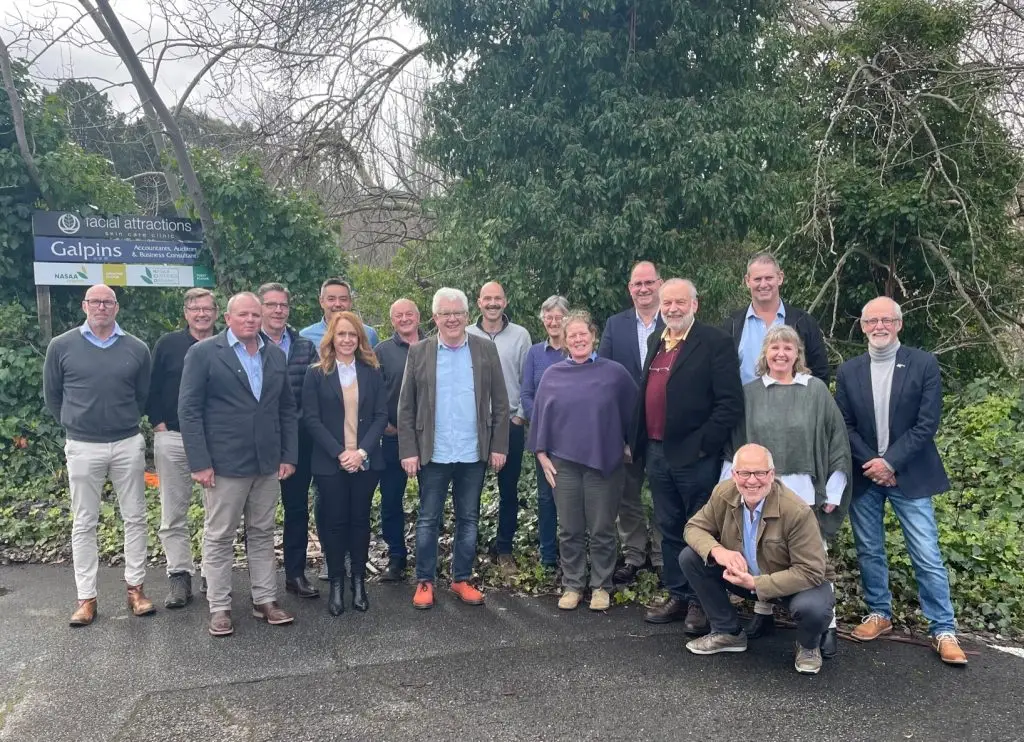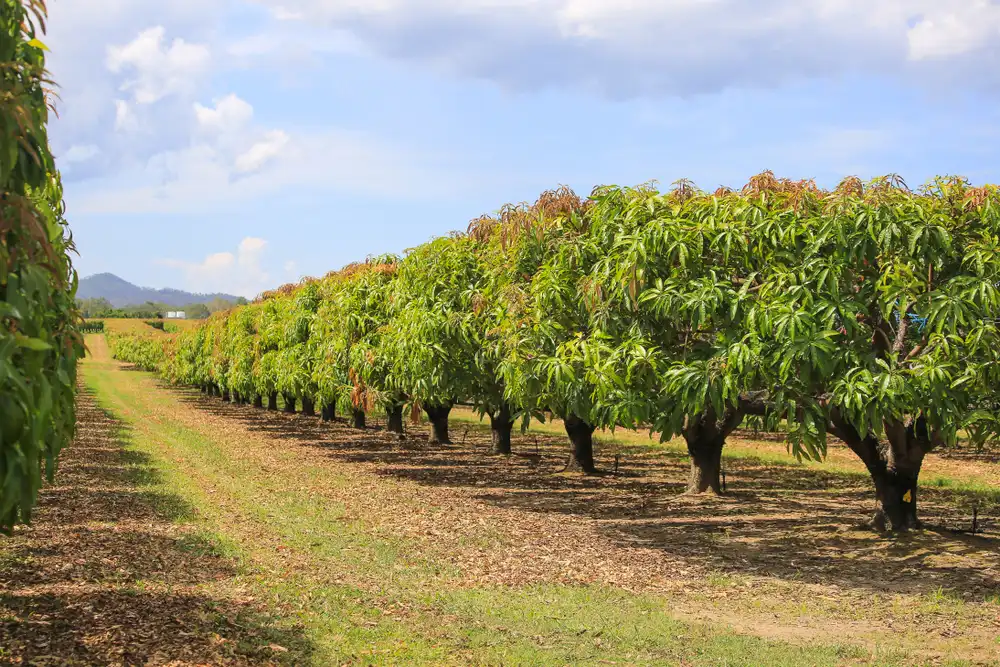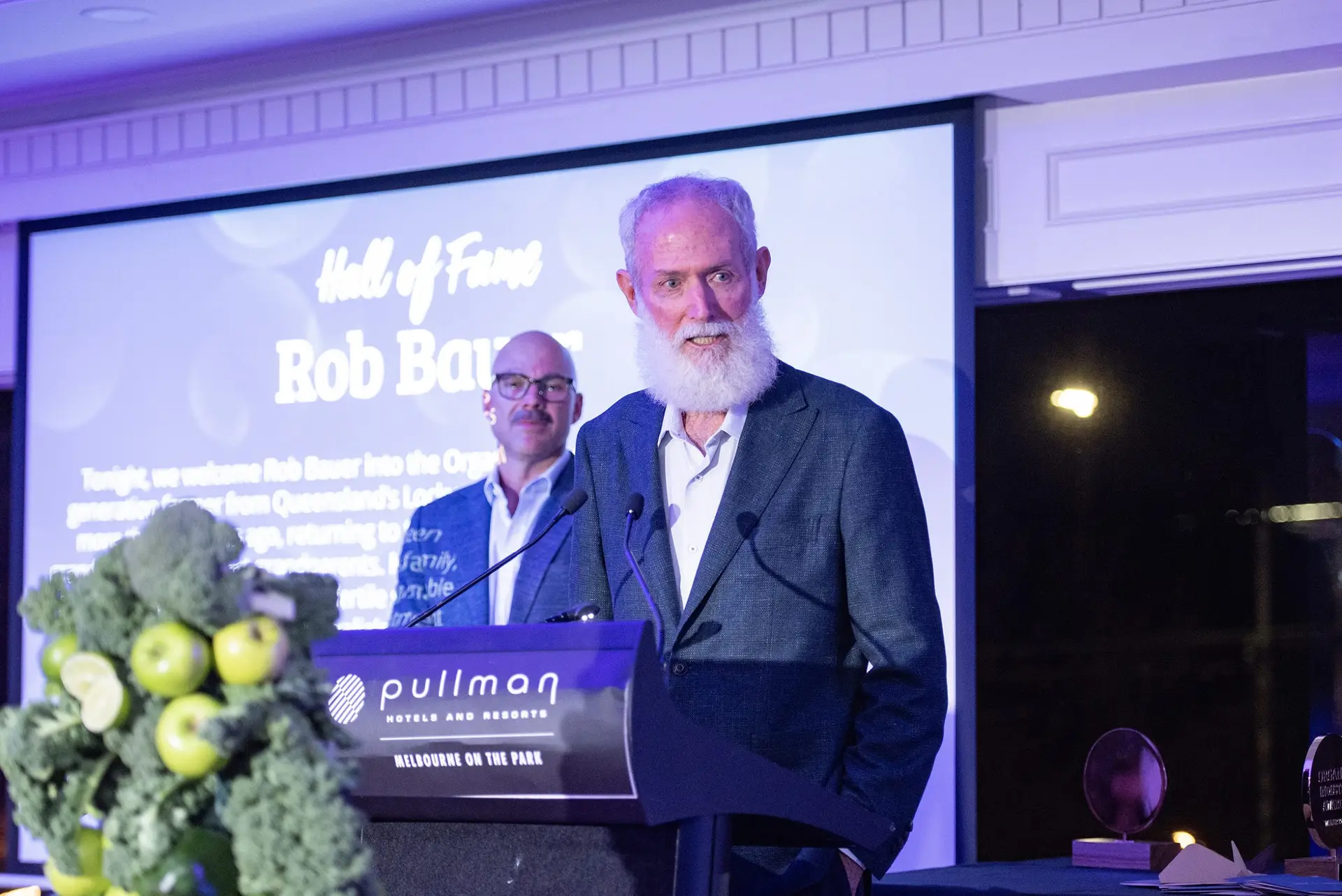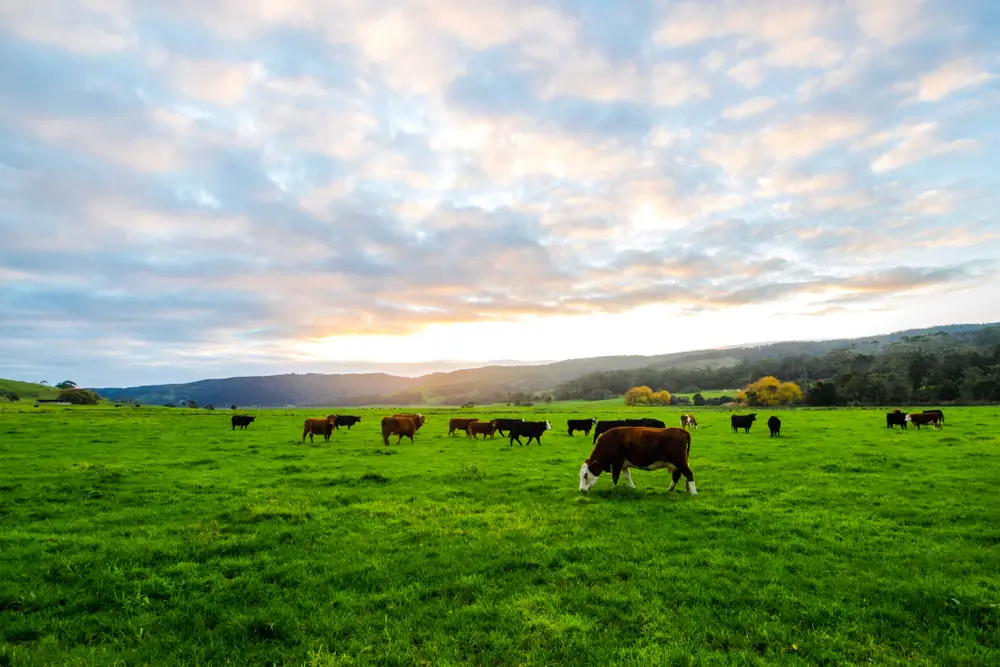There is a new, united voice for Australia’s organic industry, with eleven organisations coming together to form the Organic Development Group (ODG) to advance the interests of the organic sector, including the pursuit of domestic regulation.
The ODG brings together all of Australia’s certification bodies and key industry groups in one forum:
- ACO Certification Ltd (ACO)
- Australian Organic Limited (AOL)
- Bio Dynamic Research Institute (BDRI)
- Certified Organic Biodynamic Western Australia (COBWA)
- National Association for Sustainable Agriculture Australia (NASAA)
- NASAA Certified Organic (NCO)
- Organic and Regenerative Investment Co-operative (ORICOOP)
- Organic Consumers Association Australia (OCAA)
- Organic Food Chain (OFC)
- Organic Industries of Australia (OIA)
- Southern Cross Certified (SXC)
A high-level secretariat will be resourced by AOL, NASAA and OIA, and AOL Chair, Mike Brown, said it comes with the recognition that the industry is stronger together.
“We’ve got committed, intelligent people who are passionate about organics coming together as a collective to identify opportunities and pathways for the future which is incredibly positive,” Mr Brown said.
“Our role is to bring organic to the forefront and show the benefits of how we farm because, without doubt, organic is the gold standard for sustainability.”
NASAA Chair, Tim Marshall, who has been working in organic certification and standards for almost four decades, said it was the most promising development in industry representation in years.
“It is really important to gather with a uniform voice for the important goal of domestic regulation and to give us the mechanism and structure to talk to federal and state governments,” Mr Marshall said.
Australia remains the only nation in the OECD without domestic regulation of its organic industry meaning there is no legislated definition of the term “organic”.
While Australia has an export standard, it is not recognised by some trading partners meaning Australian producers must meet the additional certification costs of those countries.
OIA Chair, Dalene Wray AM, said domestic regulation would provide the impetus for negotiating equivalency arrangements, which would foster export growth and boost Australia’s economy.
“Certified Organic proteins, grains and vegetables are in high demand by consumers in international markets,” Ms Wray said.
“Growth in the exports of these products from Australia will be achieved through regulatory improvements right here in Australia. The formation of this new group of stakeholders will provide a stronger voice to Government to encourage necessary improvements to regulations.”
The ODG will hold its next meeting in Canberra in September ahead of the first meeting of the Parliamentary Friends of Australia’s Organic Industry.
FEATURE IMAGE: Leading figures in the organic industry in discussions in Adelaide in July. From left, Mike Brown (AOL), Ben Copeman (SXC), Iain Scholes (AOL), Mark Shaw (ACO), Didi Lo (AOL), Niki Ford (AOL), Peter Podolinsky (BDRI), Mark Anderson (NCO), David Keens (AOL), Sue Armstrong (BDRI), Carolyn Suggate (ORICOOP), John LePlastrier (NCO), Tim Marshall (NASAA), Wayne Shields (ACO), Alex Mitchell (NASAA), Simon Jones (OCAA). Front: Brendan Hoare (BuyPure NZ).
Media enquiries:
Matt Wordsworth
[email protected]
0404 029 241
Tim Vetter
[email protected]
0439 681 793





